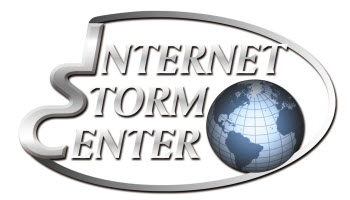I published the following diary on isc.sans.edu: “Generating PCAP Files from YAML“: The PCAP file format is everywhere. Many applications generate PCAP files based on information collected on the network. Then, they can be used as evidence, as another data source for investigations and much more. There exist plenty of
